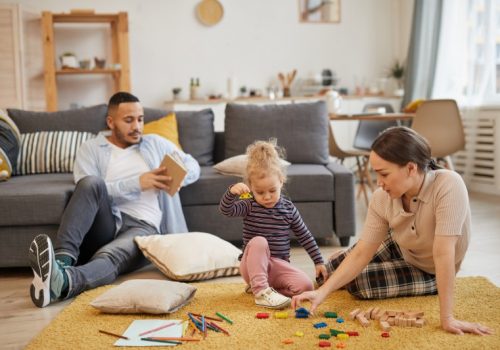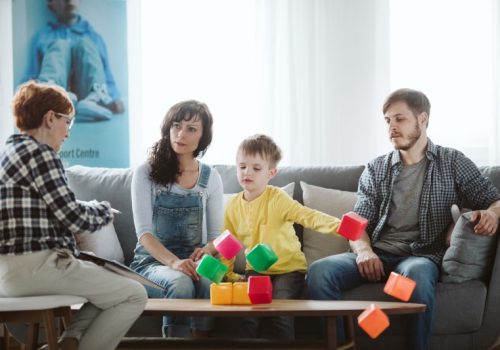Our Services

Outpatient Individual Child Counseling

In-Home Therapy

Support for Parents
- Depression
- Bipolar Disorder
- Anxiety
- Obsessive Compulsive Disorder (OCD)
- Grief and Loss
- Post-Traumatic Stress Disorder (PTSD)
- Oppositional Defiant Disorder (ODD)
- Mood Disorders
- Intermittent Explosive Symptoms
- Anger Management
- Adjustment Disorder
- Social Skills Development
- Attention Deficit Hyperactive Disorder (ADHD)
- Conduct Disorder
- Relationship Challenges
- Bullying & Self Esteem
- Parenting Challenges
- Co-Dependency
- School Issues
- Adoption
- Impulse Control
Evidence Based Treatment Approaches
Cognitive Behavioral Therapy (CBT)
This approach aims to learn to identify and change destructive thought patterns that have a negative impact on behavior and emotions.
Trauma-Focused Cognitive Behavioral Therapy (TF-CBT)
Has your child been exposed to trauma, past or present? If so, the TF-CBT approach can help your child develop appropriate processing, coping and communication skills needed to handle the effects of trauma in a therapeutic manner.
Applied Behavior Analysis (ABA)
Applied behavioral analysis is a therapeutic strategy that involves using positive reinforcement to enhance behavioral, social, communication, and developing skills in children.
Dialectical Behavioral Therapy (DBT)
Dialectical behavior therapy (DBT) is designed to teach children how to live in the moment, regulate their emotions, and develop healthy ways to cope with stress.
Play Therapy
Children can express more through play than talk therapy. Play therapy supports emotional needs and development, along with cognitive-behavioral coping tools needed to navigate themselves in the world. Our play therapists are trained to monitor a child's behavior during play sessions. Close observation during play enables our therapists to establish a diagnosis and recommend relevant exercises to overcome existing behavioral problems.
Nurtured Heart Approach
The Nurtured Heart Approach is based on the positive impact of praising a child’s behavior and encouraging them to develop self-regulation skills. Children are praised for excellent behavior and told why that behavior is correct. NHA focuses on the way children perceive themselves, their caregivers and the world around them. Children learn to understand that they will receive endless amounts of praise, energy, recognition and reward through the positive behavior they display and this supports children to build a positive portfolio of themselves.
Behavior Modification and Conflict Resolution
Conflict resolution aims to help a child distinguish between positive and negative behavior. This can be accomplished through behavior modification exercises, such as learning, priming & reinforcing.
Biopsychosocial Strength and Needs Assessment
Through this approach, our behavioral health professional’s asses youth child strengths and needs. This allows them to diagnose and address the child’s behavioral plan accordingly.
Parent Child Interaction Therapy (PCIT)
Also known as PCIT - is an evidence-based treatment program designed for caregivers and their young children (2 to 7 years old) who are experiencing social, behavioral, and/or emotional difficulties. PCIT is regarded by national expert panels as a gold standard treatment for children who have any of the following challenges: frequent temper tantrums, defiance (refusing to follow directions), verbal and/or physical aggression, destruction of toys and/or family belongings, backtalk or sassing adults, whining or crying for no apparent reason, constantly seeking attention, hyperactivity, interrupting others, short attention span, difficulty with behaviors at school, preschool, and/or daycare.
ARC Grow
The Attachment, Regulation and Competency (ARC) framework is a flexible, components-based intervention developed for children and adolescents who have experienced complex trauma, along with their caregiving systems. ARC Grow is a caregiver skill building intervention designed to enhance resilient outcomes for families who are impacted by chronic adversity or stress. Session includes psychoeducation and skill practice in areas including but not limited to caregiver self-care, attunement to the developmental impact of trauma, supporting child/youth regulation, effective parenting practices and strategies for building daily routines.



